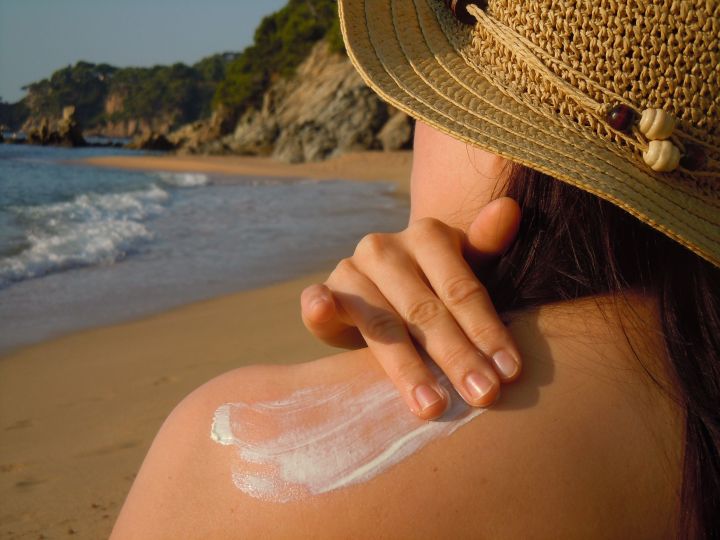
The most commonly used sunscreen chemicals are organic molecules that pass through the skin and, according to select cell culture studies, may bind to internal hormone receptors. To prevent this absorption, Girardi used the common UV-absorbing chemical padimate 0 and coated it with a biodegradable nanoparticle polymer that sticks to the skin. The nanoparticle binds to proteins on skin cells and stays there. The resulting sunscreen isn’t absorbed, doesn’t wash off in the water, and is only removed when you wipe down with a towel.
In laboratory studies using mice, Girardi showed that the new nanoparticle sunscreen protected mice from the damaging UV light as well as padimate O by itself. Moving beyond mice, Girardi plans to test out the sunscreen on human subjects in a pilot study scheduled for this summer. The small scale study will establish the SPF of the nano-sunscreen by applying it to 25 test subjects at different concentrations.
Girardi hopes his product encourages more people to use sunscreen by minimizing their risk of chemical exposure, and his colleagues agree. “If you can minimize the risk of sunscreen entering the bloodstream, it’s probably a good thing,” said National Cancer Institute dermatologist Kenneth Kraemer to Scientific American. Kraemer isn’t involved directly in the study, but has been monitoring its progress.



